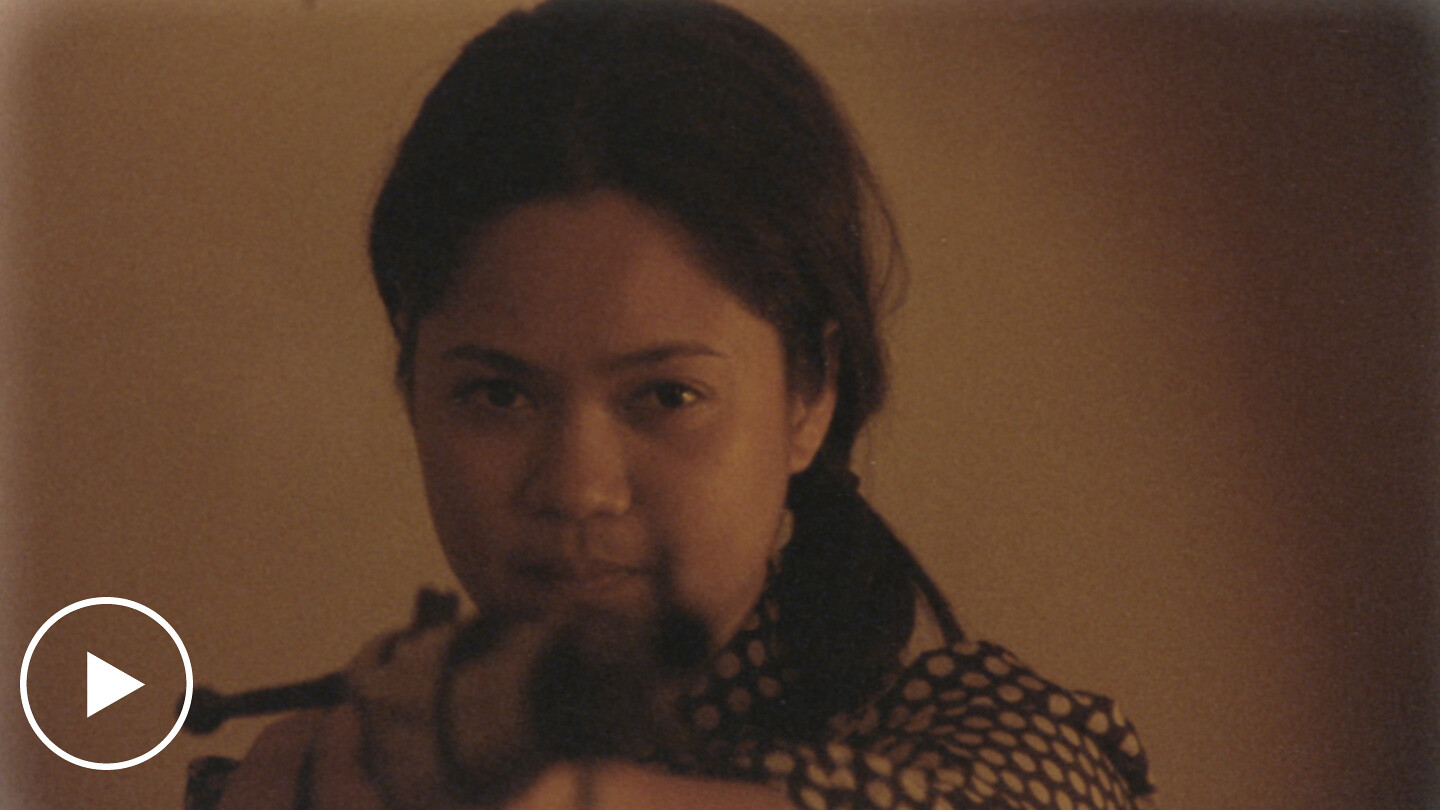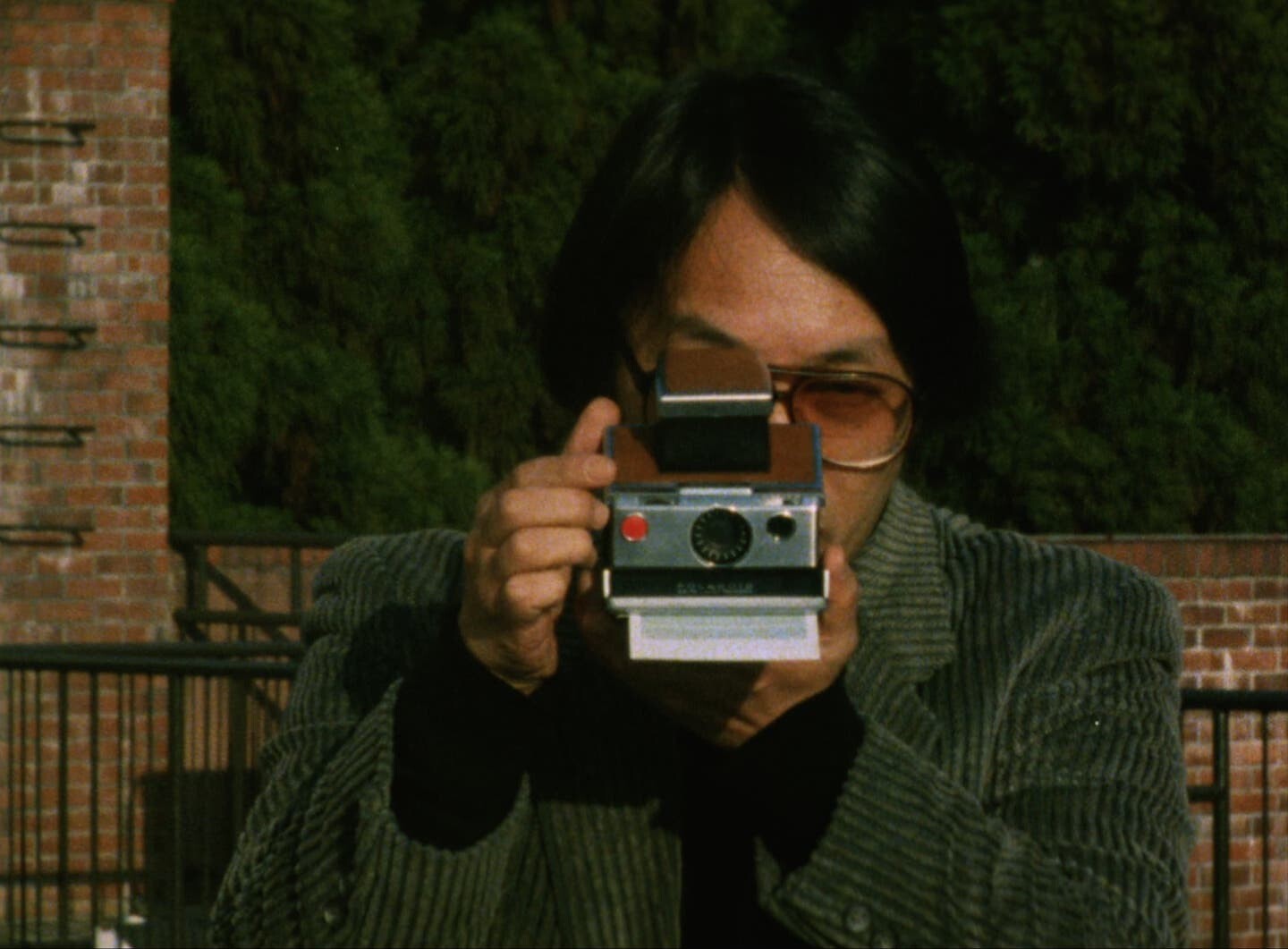Toshio Matsumoto Read Bio Collapse
Toshio Matsumoto (1932-2017) was a Japanese film director and video artist. After graduating from the University of Tokyo, where he majored in aesthetics, Matsumoto began working at Shinriken-Eiga, a documentary-film production company. His first job as director was to make Bicycle in Dream (Ginrin, 1956), an experimental promotional film. Jikken Kobo (Experimental Workshop) members Yamaguchi Katsuro, Kitadai Shōzō, and Takemitsu Tōru were also involved in the production. In the late ’50s, Matsumoto began making a new type of documentary that fused avant-garde and documentary elements. The Weavers of Nishijin (Nishijin, 1961) was awarded the San Marco Silver Lion and Mother (Haha-tachi, 1967) the San Marco Golden Lion (Grand Prix) at two different Venice International Documentary Film Festivals. At the same time, Matsumoto wrote essays on film theory. In 1963, he published The Discovery of Film: The Avant-Garde and Documentary (Eizō no hakken: Avangyarudo to dokyumentarii, Sanichi-Shobo), which exerted a strong influence on the Japanese film movement. In the late ’60s, Matsumoto began to devote himself to experimental films and expanded cinema with For the Damaged Right Eye(Tsuburekakatta migime no tame ni, 1968). In 1969, he directed Funeral Parade of Roses (Bara no sōretsu, 1969), a commercial narrative film that exemplified gay culture and the turmoil of the era. In 1970, he served as general director of the Textile Pavilion at the EXPO’70 in Osaka, where he presented Space Projection Ako (1970), a huge multi-projection film work. Yokoo Tadanori was in charge of the design for the pavilion. Matsumoto subsequently expanded his activities, producing countless cross-genre works including commercial narrative films such as Shura (1971) and Dogra Magra (1988), experimental films such as Atman (1975) and Engram (Kioku konseki, 1987), and video artworks such as Metastasis(Shinchintaisha, 1971) and Shift (Shift: Dansō, 1982). Matsumoto played a vital role as a pioneering figure in Japanese experimental film. His most recent work, Tōrō Axe (2009-2012), was released in 2012.












